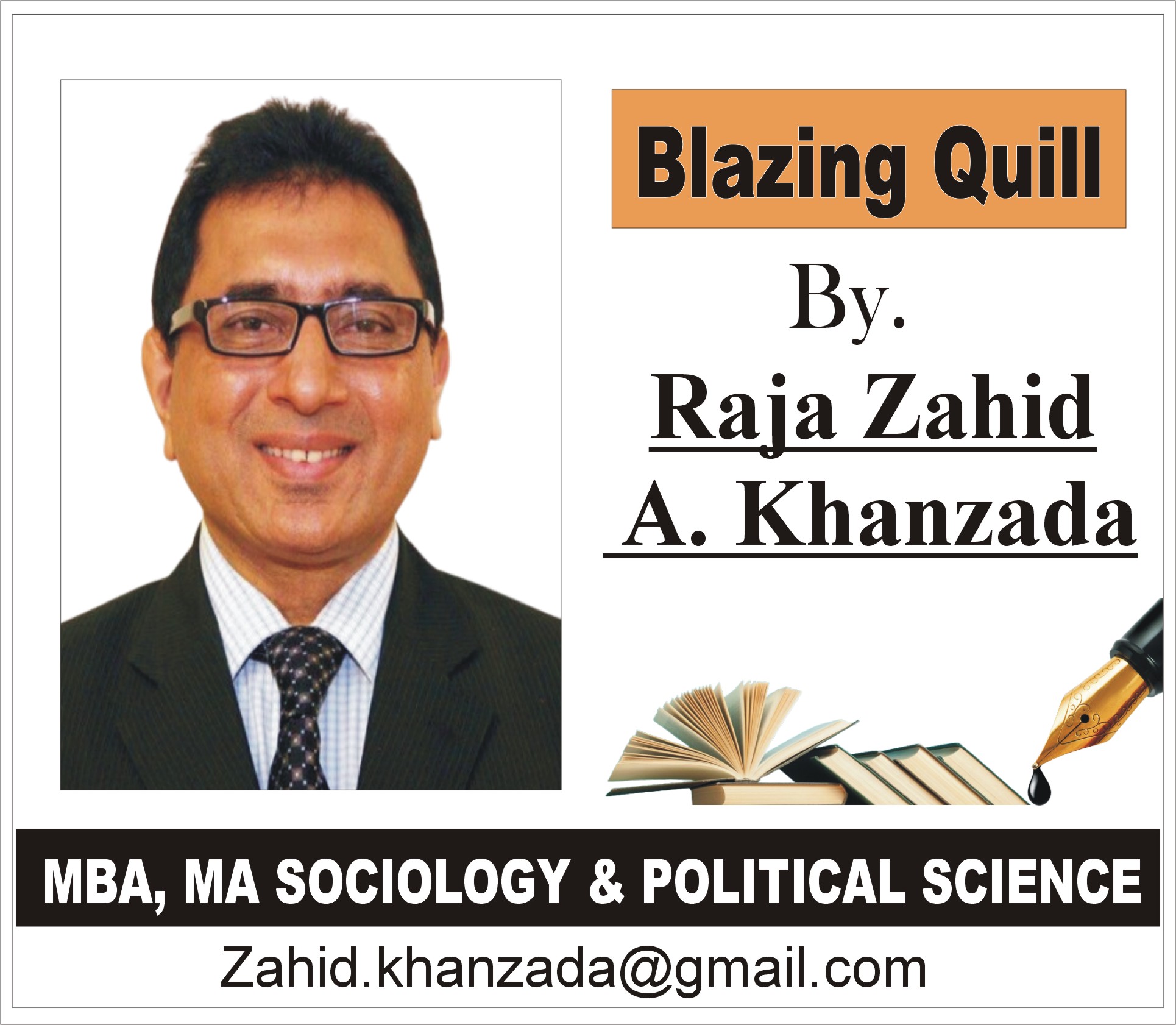Ramadan Transmission: Spiritual Growth, Commercial Ties, or the Demise of Decency?
By: Raja Zahid Akhtar Khanzada
Ramadan, known as the month of mercy, forgiveness, and salvation, is meant to guide individuals toward piety, patience, and purity. However, the spectacle presented in the name of Ramadan Transmission in our society is not only a mockery of spiritual values but also a funeral for decency and etiquette. Instead of serving as a medium for virtue, charity, and religious education, television screens are filled with vulgar discussions, absurd questions, and sensational content. These so-called Ramadan transmissions offer little in terms of genuine spiritual awakening and instead prioritize artificial emotional displays.
Celebrities, who spend the other eleven months of the year in entirely different roles, suddenly transform into ‘religious’ figures during Ramadan. These programs have become less about spiritual guidance and more about sensationalism, entertainment, and commercial competition. The essence of Islam is pushed to the background, while ratings and publicity take center stage. Shockingly, all of this continues under the blind eye of the media regulatory authority (PEMRA), which seems to be preoccupied solely with suppressing the activities of PTI rather than monitoring unethical and irreligious media content.
PEMRA, which is supposed to curb such indecent and un-Islamic practices, appears too engrossed in political battles to pay attention to this moral degradation. Caught up in controlling PTI-related content, it seems to have forgotten its primary responsibility to regulate media and safeguard societal values.
The influence of media and the power of words have always been formidable tools in shaping minds, altering thought processes, and embedding ideologies. In recent days, the participation of actor Danish Taimoor and his wife, actress Ayeza Khan, in a Ramadan Transmission program on Green Entertainment was not just casual entertainment but seemed to be part of a deeper narrative.
During a conversation with host Rabia Anum, Danish Taimoor’s remark about polygamy sparked a storm of controversy on social media. A flood of criticism, debates, and opposing opinions followed, ultimately leading to his apology. However, the real question is: Was this controversy spontaneous, or was it a calculated move? Were his words merely an actor’s opinion, or was there a larger agenda at play?
What stands out in this entire scenario is how the controversy significantly boosted the program’s viewership, as if the backlash and debates were deliberately provoked to enhance ratings. This is not a new strategy but rather a well-worn media tactic used to subtly manipulate audiences into a particular direction.

Another aspect demanding attention is the alleged financial backing of Green Entertainment. Reports suggest that the network is secretly funded by a military institution, the same entity that recently released two national songs. If this assumption holds true, a broader narrative emerges—are these programs merely entertainment, or are they part of a coordinated effort to instill specific ideas in the public consciousness?
Green Productions, which focuses on dramas and songs, seems to be at the forefront of an orchestrated attempt to influence Pakistani society’s thought process. It exemplifies the unique fusion of media and state narratives, creating a triangle of entertainment, ideology, and power, where the lines between reality and propaganda are increasingly blurred.
Is all of this just a series of coincidences, or is it the outcome of meticulous planning? The answer is left to those who can differentiate between reality and illusion. However, one thing is certain—nothing in the intricate web of media, politics, and state interests happens by chance. Every scene has a story behind it, and every story has a purpose.
On the other hand, senior Pakistani actress Bushra Ansari has voiced her concerns, stating that Ramadan transmissions have caused people to forget their acts of worship. Commenting on the trend, she remarked that people used to fast, but now they simply starve.
These Ramadan programs are now driven solely by the pursuit of high ratings and corporate sponsorships. There was a time when PTV presented serious and religiously meaningful content during Ramadan. But times have changed. Today, every aspect of these programs is sponsored—from the host’s attire to the prayer beads in their hands, everything is dictated by corporate interests.
This situation forces us to reflect on a critical question: Is Ramadan truly a month of worship, or has it become just another marketing season?
This trend mirrors the broader moral decline of our society, where even religion has been commodified for commercial gains. It is imperative to raise voices against such tendencies and restore Ramadan to its true purpose an opportunity for spiritual growth and self-reformation, rather than a hub of vulgarity and materialism.
The choice is ours do we uphold Ramadan as a time for self-purification, devotion, and closeness to God, or do we allow it to become just another commercial festival?
The decision rests in our hands.




